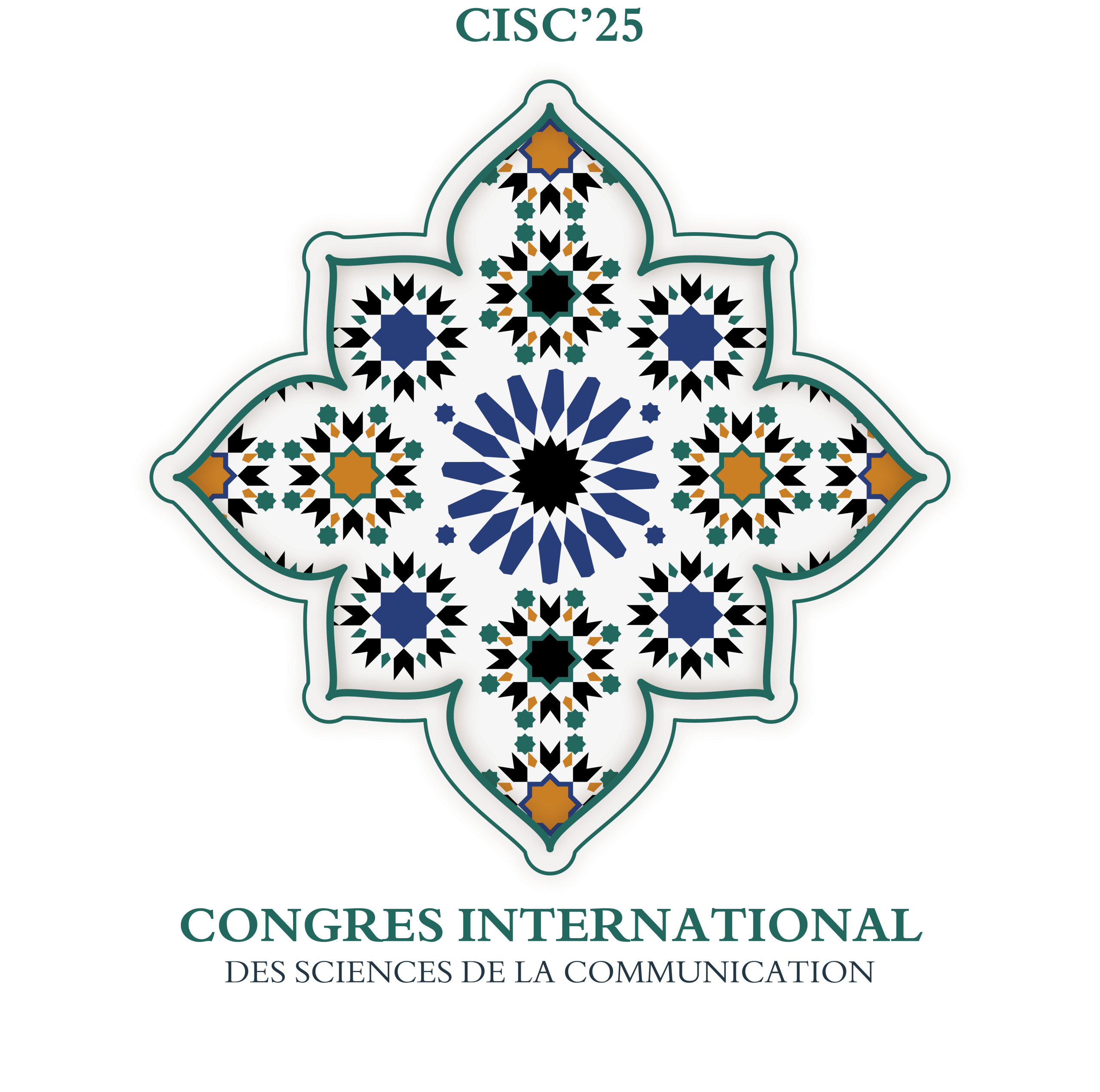- Communication, crises, and resilience:
This research area focuses on communication responses to global or local crises (health, economic, social, political, environmental, etc.). It examines how actors (states, companies, NGOs, media, citizens) mobilize strategies of resilience, alert, awareness, or reassurance in contexts of instability. The analysis may focus on crisis narratives, emergency measures, the use of technology, or post-crisis communication. - Political communication and the digital public sphere:
This theme explores the changes in political communication in the age of digital platforms. It focuses on the transformation of the public sphere, new forms of citizen participation, mobilization and disinformation strategies, the role of political influencers, and the emergence of digital counter-discourse. It welcomes critical analyses of online populism, cyberactivism, and algorithmic governance. - Digital identities and cultural representations:
Cet axe propose d’analyser comment les identités se construisent, s’expriment ou se négocient dans les environnements numériques. Il s’intéresse aux dynamiques de visibilité, aux formes de représentation culturelle, de genre, d’ethnicité, de religion, ou encore aux enjeux de reconnaissance ou d’exclusion. Sont également bienvenus les travaux sur les imaginaires numériques, les récits identitaires et les pratiques de soi en ligne.This research area aims to analyze how identities are constructed, expressed, or negotiated in digital environments. It focuses on the dynamics of visibility, forms of cultural representation, gender, ethnicity, religion, and issues of recognition or exclusion. Work on digital imaginaries, identity narratives, and online self-practices is also welcome. - Intelligence artificielle et éthique:
The widespread use of AI raises many ethical questions in the field of communication. This theme welcomes reflections on algorithmic responsibility, transparency, manipulation, disinformation, automated cognitive biases, and the regulation of the use of generative AI in content production, journalism, and marketing. - Environmental communication and CSR:
In the context of a global ecological crisis, this theme questions communication practices related to ecological transition, environmental awareness, and CSR commitments. It examines the communication of companies, institutions, and citizen movements around sustainability, renewable energies, and climate justice. - Media literacy and digital skills:
This theme focuses on citizens’ ability to access, analyze, evaluate, and create information in a critical and responsible manner. It involves reflecting on media training, the fight against fake news, image education, the educational uses of digital technology, and the reduction of digital inequalities in access to information. - Organizational communication and management:
This area explores internal and external communication within organizations (companies, NGOs, public institutions). It focuses on organizational culture, crisis communication, change management, strategic communication, communicative leadership, employer branding, and intercultural communication in professional settings. - Regulation, rights, and digital governance:
CThis theme examines the legal, ethical, and political frameworks of digital communication. It includes reflections on data protection, digital rights, online freedom of expression, content moderation, platform policies, national and international legislation, and issues of digital sovereignty. - Socio-educational communication and ICT in education: :
Cet axe porte sur les transformations de la communication éducative avec les Technologies de l’Information et de la Communication pour l’Enseignement (TICE). Il interroge les pratiques pédagogiques innovantes, la formation en ligne, les plateformes éducatives, les interactions enseignants apprenants, ainsi que les nouvelles approches didactiques favorisées par le numérique. - Communication digitale et transformation numérique :
This theme focuses on the transformations in educational communication brought about by Information and Communication Technologies in Education (ICT in education). It examines innovative teaching practices, online training, educational platforms, teacher-learner interactions, and new teaching approaches facilitated by digital technology. - Open session:
This session is intended for original and relevant contributions that do not directly fit into the proposed thematic areas. It welcomes innovative or cross-disciplinary work that explores new subjects, approaches, fields, or methodologies in the field of communication sciences.
